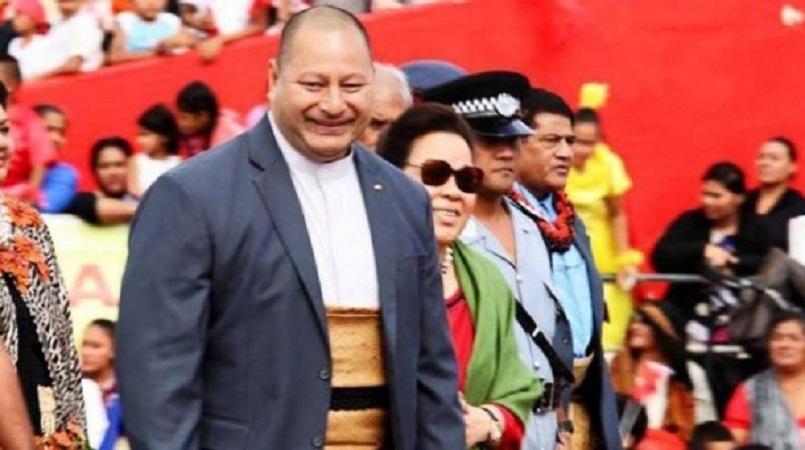
A researcher on Tonga says cultural reasons explain the lack of protest over the King's dismissal of the government.
King Tupou VI dissolved parliament last month and has called for new elections to be held before November 16. Prime Minister 'Akilisi Pōhiva is the first commoner to be elected into the role.
Professor Helen Lee from Australia's La Trobe University, who has written extensively on Tongan culture, says despite the involvement of nobles in passport scams, diversion of aid-funding, links to organised crime, and the King's holiday trip the day after the Ashika Ferry disaster, most Tongans have no desire to disempower the monarchy.
"The Tongan commoners are very well aware of the personal failings of a lot of their leaders but for some reason that hasn't really fully undermined their belief in that system of nobility, royalty and commoners," she says.
PRN reports historian Finau Kolo presented a paper at the first Tongan History Conference in 1987 stating that the concept of faka'apa'apa (respect), is a form of social control that leads to the dominance of the aristocrats and manipulation by the ruling class.
Professor Lee says there's a fear amongst Tongans of modernisation, and what it might do to their culture.
"It's a combination of the very deep respect and love that Tonga still has for the monarchy," she says. "They really see that as an embodiment of tradition."
